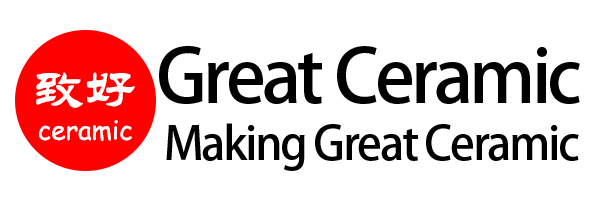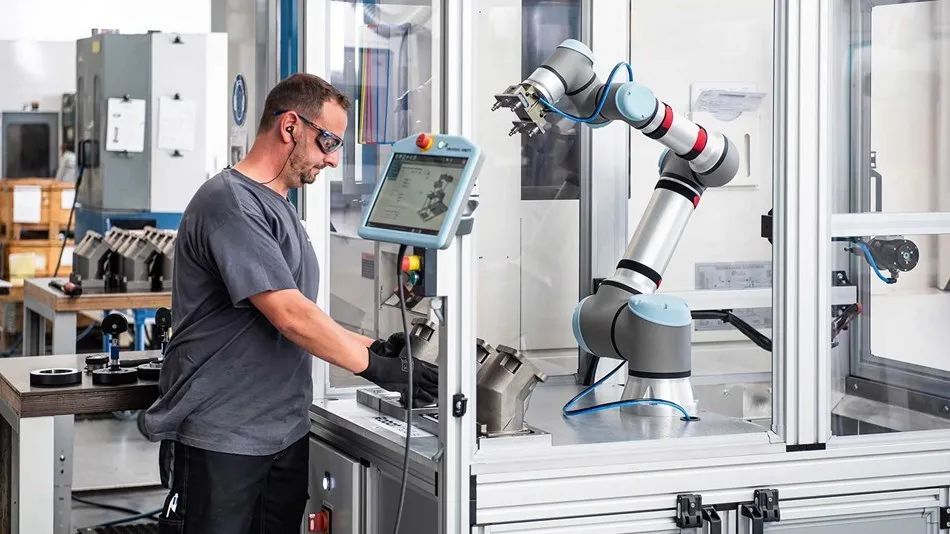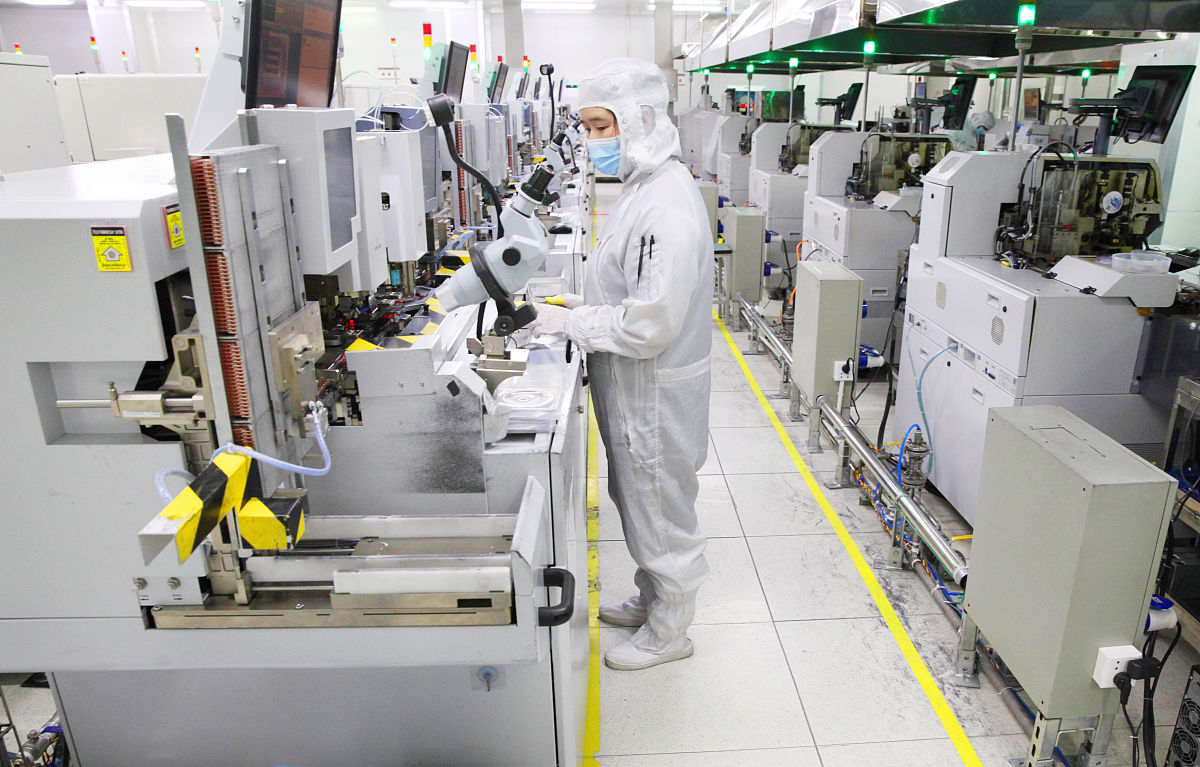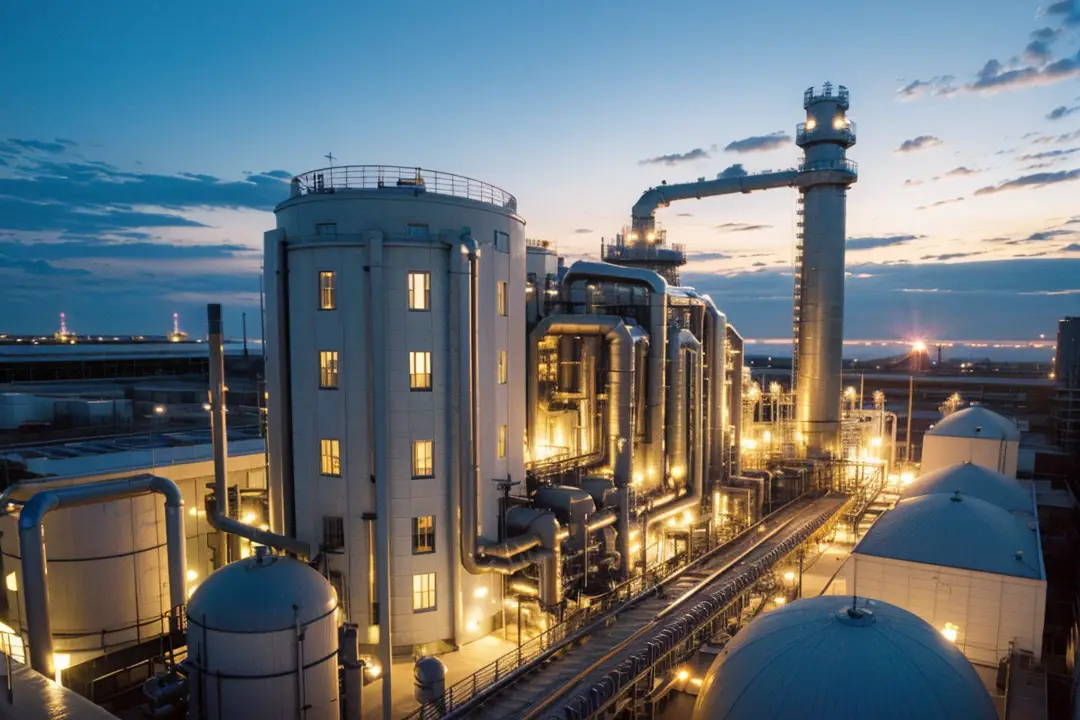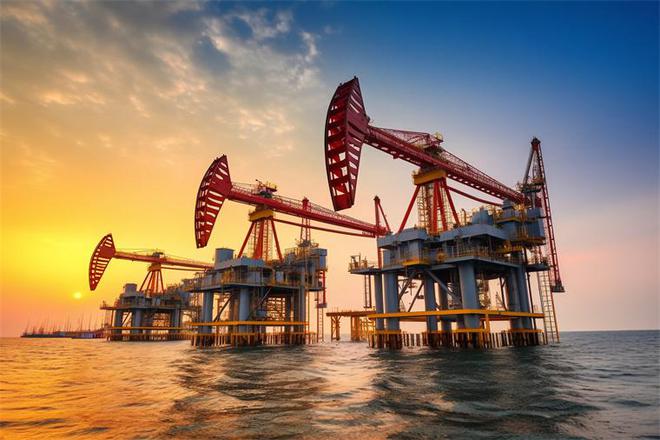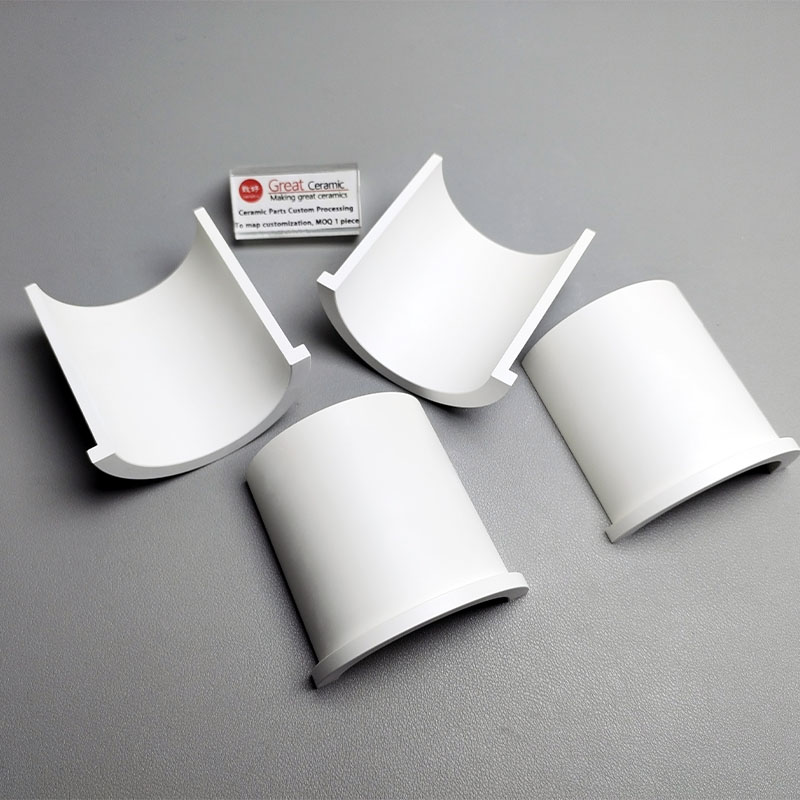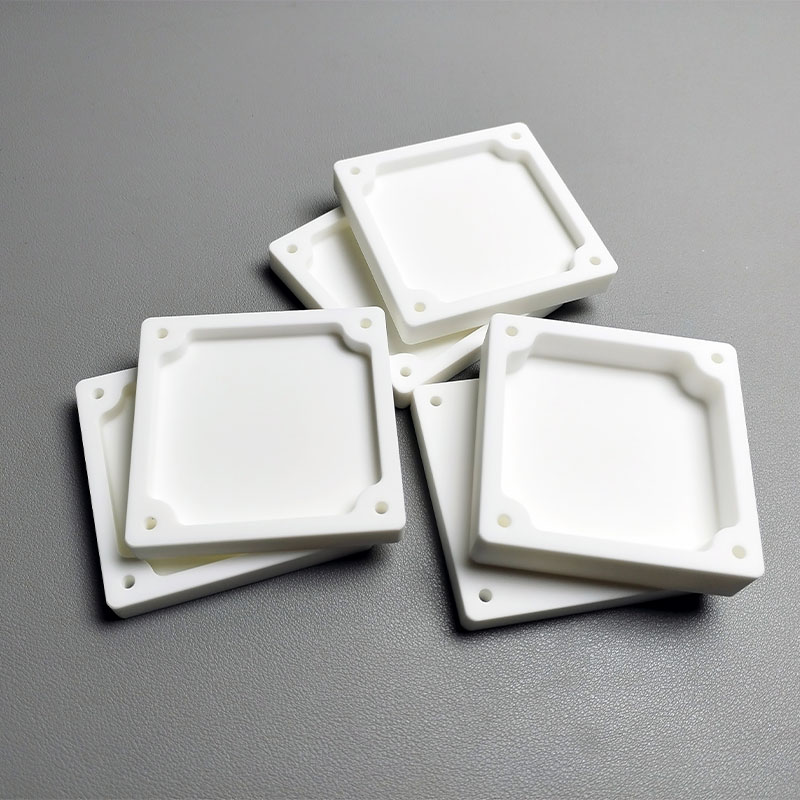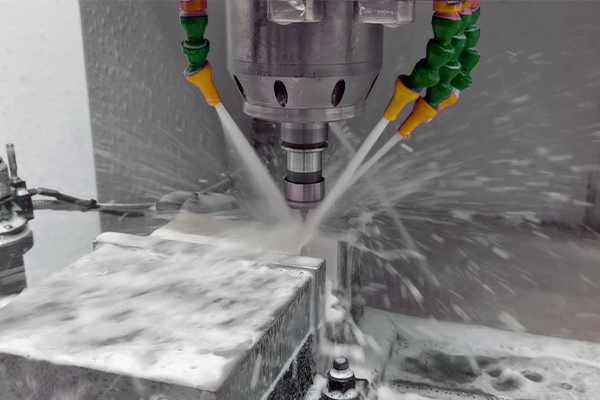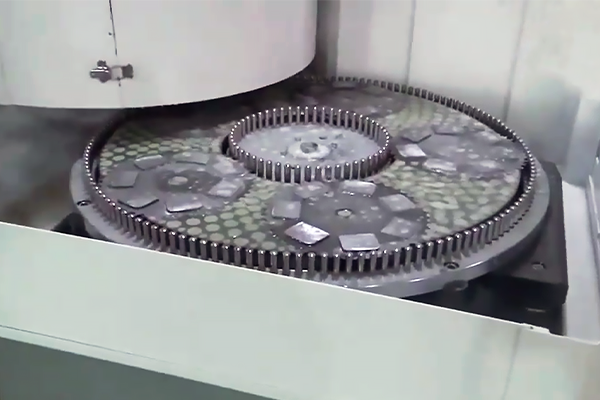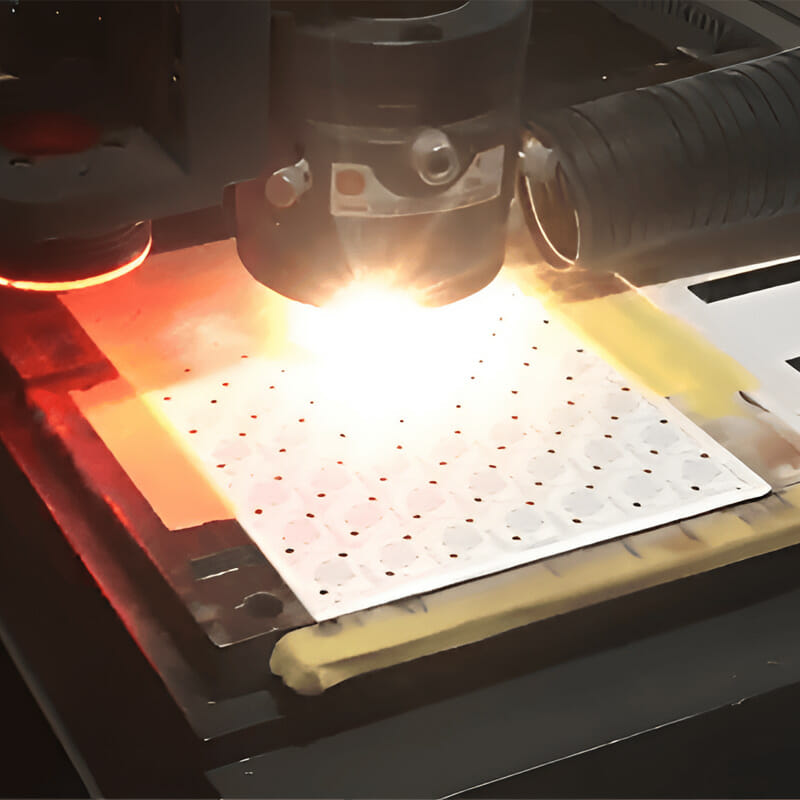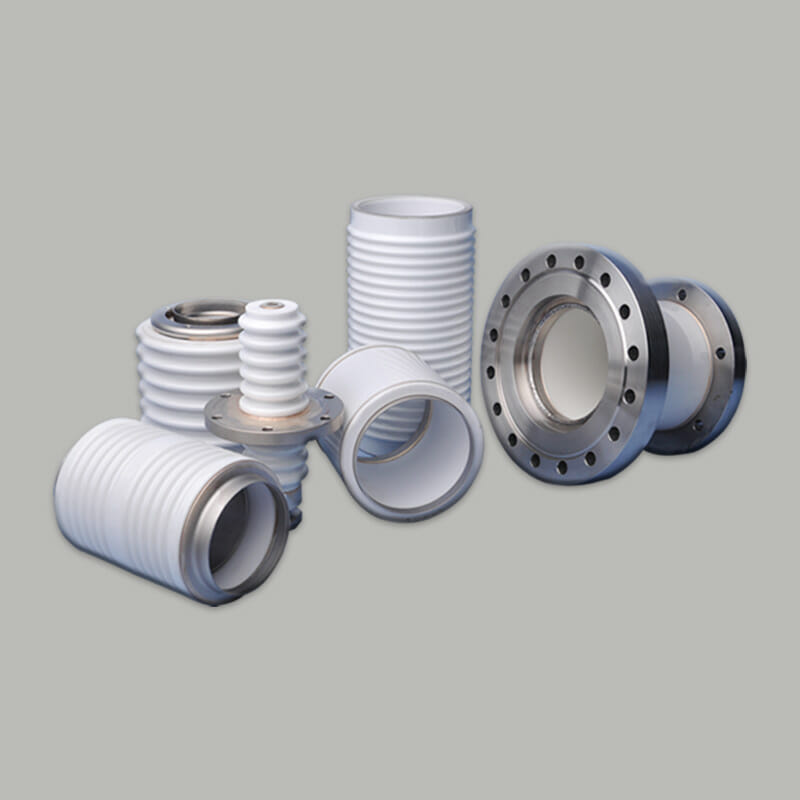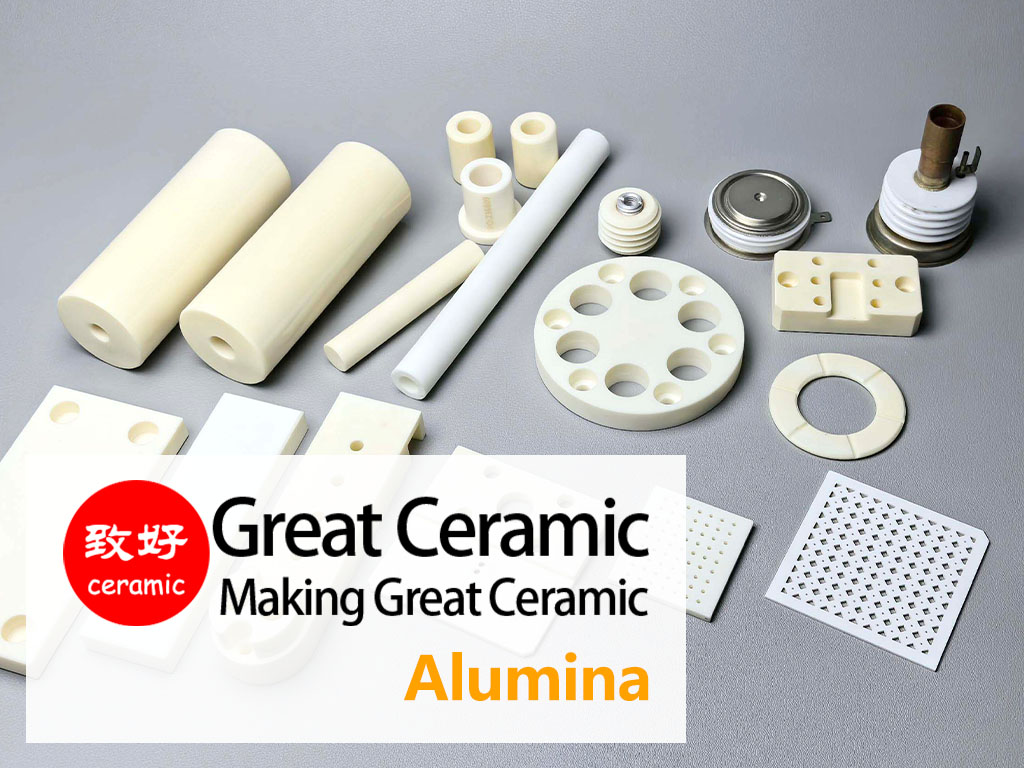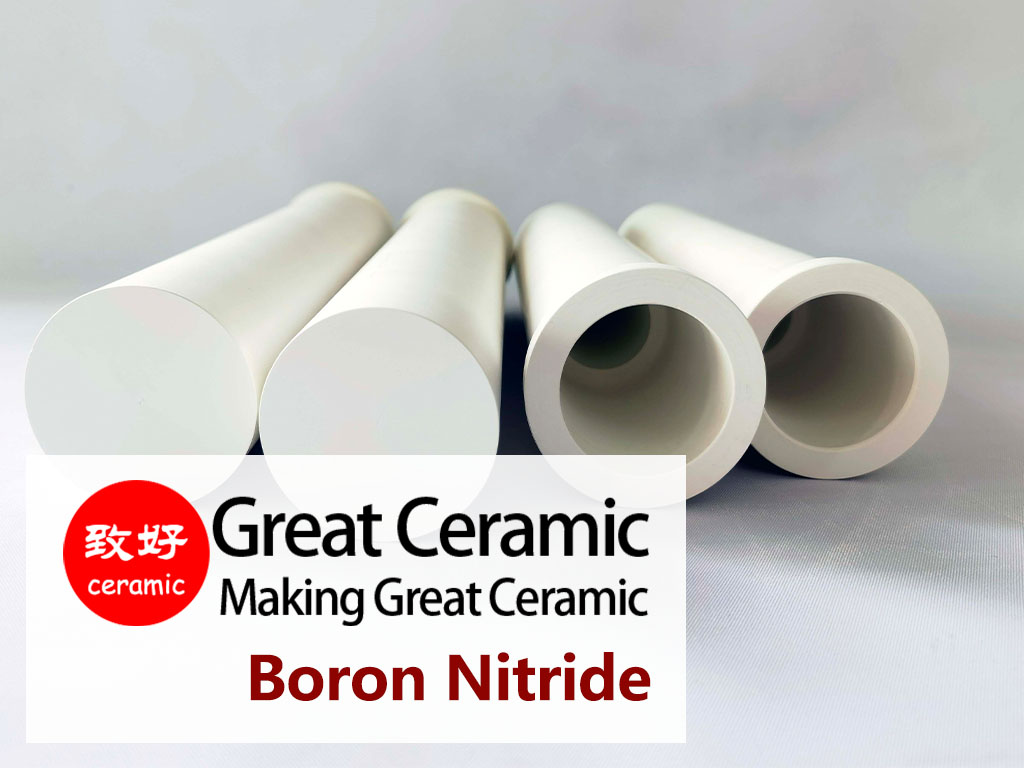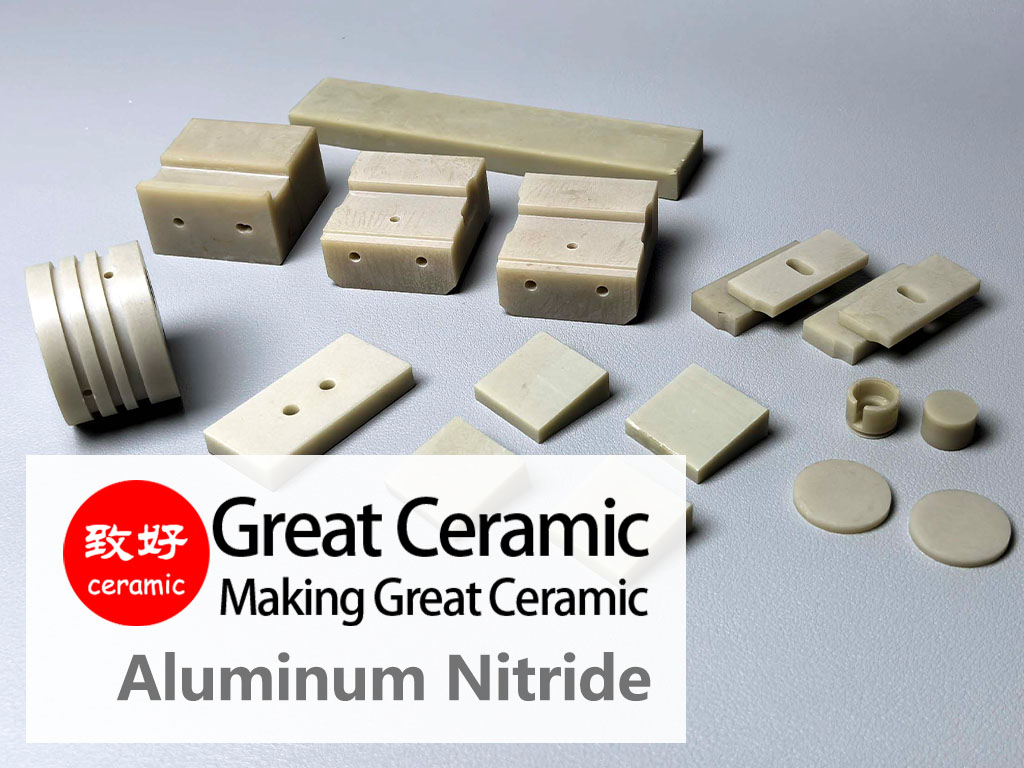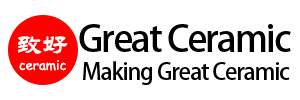Machinable Glass Ceramic (Macor Ceramic)
Machinable Glass Ceramic (also known as MGC & Macor Ceramic) is a polycrystalline composite material, white in its entire body. It is a glass ceramic material with synthetic mica crystallites as the main crystal phase. Macor-machinable ceramic combines the excellent electrical, thermal, and mechanical properties of advanced technical ceramics with the ease of machining using conventional metalworking tools. This eliminates expensive diamond grinding and subsequent firing, significantly reducing manufacturing time and costs.
At Great Ceramic, we offer high performance machinable glass ceramics (MGC), providing high quality Macor rods, Macor plates, Macor tubes and custom machined components to industries requiring superior performance, electrical insulation and thermal stability.
Skip to
Advantages | Applications | Material Grades | Properties | Cases | Machining | FAQs | Related
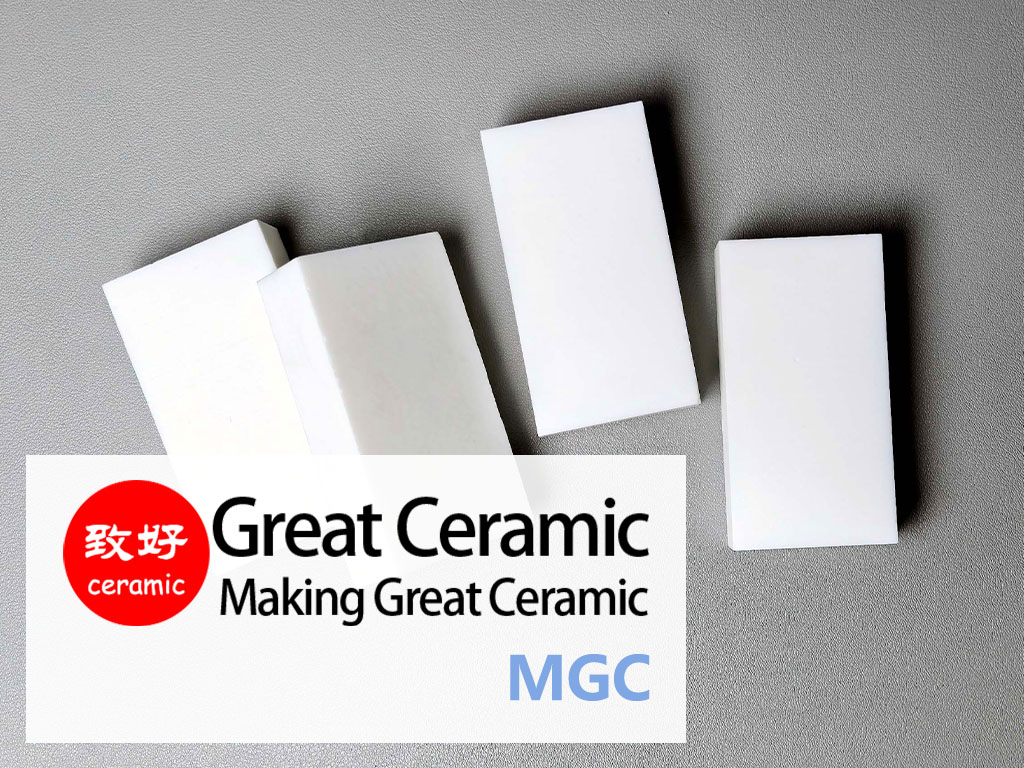
Advantages of Macor Machinable Glass Ceramic
The most prominent feature of Macor's machinable glass-ceramic is its machinability, enabling it to meet high-precision technical requirements without the need for molds, allowing for direct molding and significantly shortening design and processing cycles. Consequently, Macor ceramics are often used in structural ceramic parts with complex shapes, high precision requirements, and difficult molding processes, such as thin-walled ceramics and ceramic threads.
Precautions for use
Macor machinable glass ceramics are easily affected by halogen acids such as HCl (hydrochloric acid). Tests showed that 2.52 grams (1cc) of the glass ceramic sample was exposed to hydrochloric acid with a pH of 0.1 and lost 100 mg (3.96%) within 24 hours. When exposed to sodium hydroxide with a pH of 13.2, it lost 0.396% in 6 hours. When it exceeds 600°C (in a vacuum), fluorine will precipitate, which is manifested as boron trifluoride or hydrofluoric acid.
Industry Applications
Macor ceramic, with its excellent machinability, high thermal stability, electrical insulation, and resistance to vacuum and chemicals, is widely applied across industries—from serving as high-temperature fixtures and insulators in aerospace, semiconductor, and electronics, to radiation-resistant components in medical and nuclear technology, and precision-engineered parts in industrial machinery—making it a versatile material that bridges the gap between traditional ceramics and easily machined engineering materials.
Available grades of macor glass ceramics
"Same Reliability, Smarter Choice."
Great Ceramic offers high-performance Macor machinable glass ceramic, also known as MGC. Our MGC shares key properties with Macor ceramic—excellent thermal insulation, electrical resistance, and machinability—ensuring seamless replacement in demanding applications. Furthermore, our MGC offers significant cost advantages, faster delivery, and flexible supply.
Great Ceramic combines material supply with CNC machining services to deliver ready-to-use custom parts from rods, sheets, or tubes, all with tight tolerances and smooth surfaces. It is widely used in aerospace, semiconductor, medical, and vacuum technology fields.
Composition of Macor machinable glass ceramics
Machinable ceramic is a composite material made of fluorophlogopite in a borosilicate glass matrix at a ratio of 45/55, respectively. Its ingredients are as follows:
- 46% silicon dioxide (SiO2)Machinable ceramic microstructure
- 17% Magnesium Oxide (MgO)
- 16% alumina (Al2O3)
- 10% potassium (K2O)
- 7% boron (B2O3)
- 4% fluorine (F)
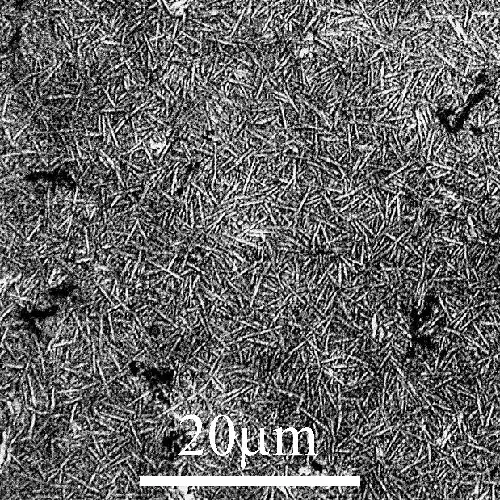
Key Properties of Macor Ceramic
Great Cerramic's high-performance MGC offers similar high-temperature, electrical insulation, and machinability properties to macor, but with better cost-effectiveness, faster delivery, and customizable precision parts.
Below we list the typical properties of MGC, Macor ceramics, and hexagonal boron nitride ceramics (HBN) to help engineers better compare the differences in materials and find suitable applications.
The following values are typical material properties and may vary depending on product configuration and manufacturing process. For more details, please feel free to contact us.
Mechanical Properties
The mechanical properties of MGC & Macor ceramics are characterized by "medium strength, easy processing, high dimensional stability, moderate hardness and light weight".
| Properties | Unit | MGC | Macor | HBN |
| Colour | —— | White | White | White |
| Density | g/cm³ | 2.48 | 2.52 | 2.0 |
| Hardness | GPa | 2.0 | 2.5 | 0.04 |
| Compressive Strength | MPa | 508 | 345 | 100 |
| Flexural Strength | MPa | 91.5 | 94 | 30 |
| Fracture Toughness | MPa・m1/2 | —— | 1.53 | —— |
| Modulus of Elasticity | GPa | 65 | 66.9 | 71 |
| Poissons Ratio | —— | —— | 0.29 | —— |
Thermal Properties
The thermal properties of MGC & Macor ceramics are characterized by "high temperature stability, low thermal expansion, low thermal conductivity, thermal shock resistance and thermomechanical stability"
| Properties | Unit | MGC | Macor | HBN |
| Maximum Use Temperature | ℃(No load) | 800 | 800 | 850 |
| Thermal Conductivity @ 20°C | W/(m・K) | 1.71 | 1.46 | >30 |
| Thermal Expansion a at 25–200°C | 1 x 10-6/°C | 7.38 | 9.3 | >1.8 |
| Specific Heat | KJ/kg・℃ | —— | 0.79 | 0.81 |
Electrical Properties
The electrical properties of MGC & Macor ceramics are characterized by "high insulation strength, high resistivity, low dielectric constant, thermal stability and low dielectric loss"
| Properties | Unit | MGC | Macor | HBN |
| Dielectric Constant | 1MHz | 5.7 | 6.03 | 4.0 |
| Dielectric Strength | ac-kV/mm | 43.4 | 45 | 79 |
| Volume Resistivity @ 25°C | Ω・cm | >1016 | >1017 | >1013 |
Macor ceramic parts application cases
Macor machinable glass ceramics, with their unique properties, including excellent machinability, high electrical insulation, high temperature resistance, and zero porosity, are ideal for a variety of precision and demanding applications. The following are the most common and influential application cases of MGC & Macor products in different fields:


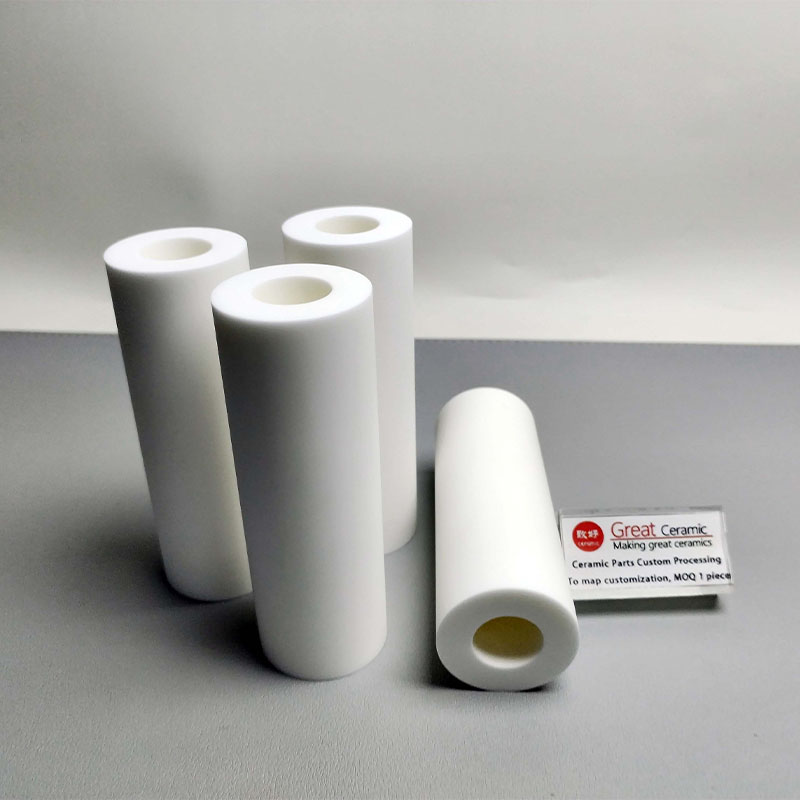

Macor Ceramics Manufacturing & Machining
At Great Ceramic, we utilize standard metalworking tools and techniques, such as CNC machines, lathes, milling machines, and drill presses, to cut, drill, tap, and shape Macor machinable glass-ceramics, eliminating the need for expensive diamond grinding or sintering post-processing. This significantly shortens manufacturing cycles and reduces costs, while still achieving micron-level tolerances and meeting the stringent precision and surface quality requirements of complex structural components.
Leveraging years of technical experience and advanced equipment, we not only offer standardized Macor parts such as Macor rods, plates, and tubes, but also customize complex structural assemblies and high-reliability products to meet specific customer needs, helping customers apply Macor ceramics to a wide range of industrial applications.
